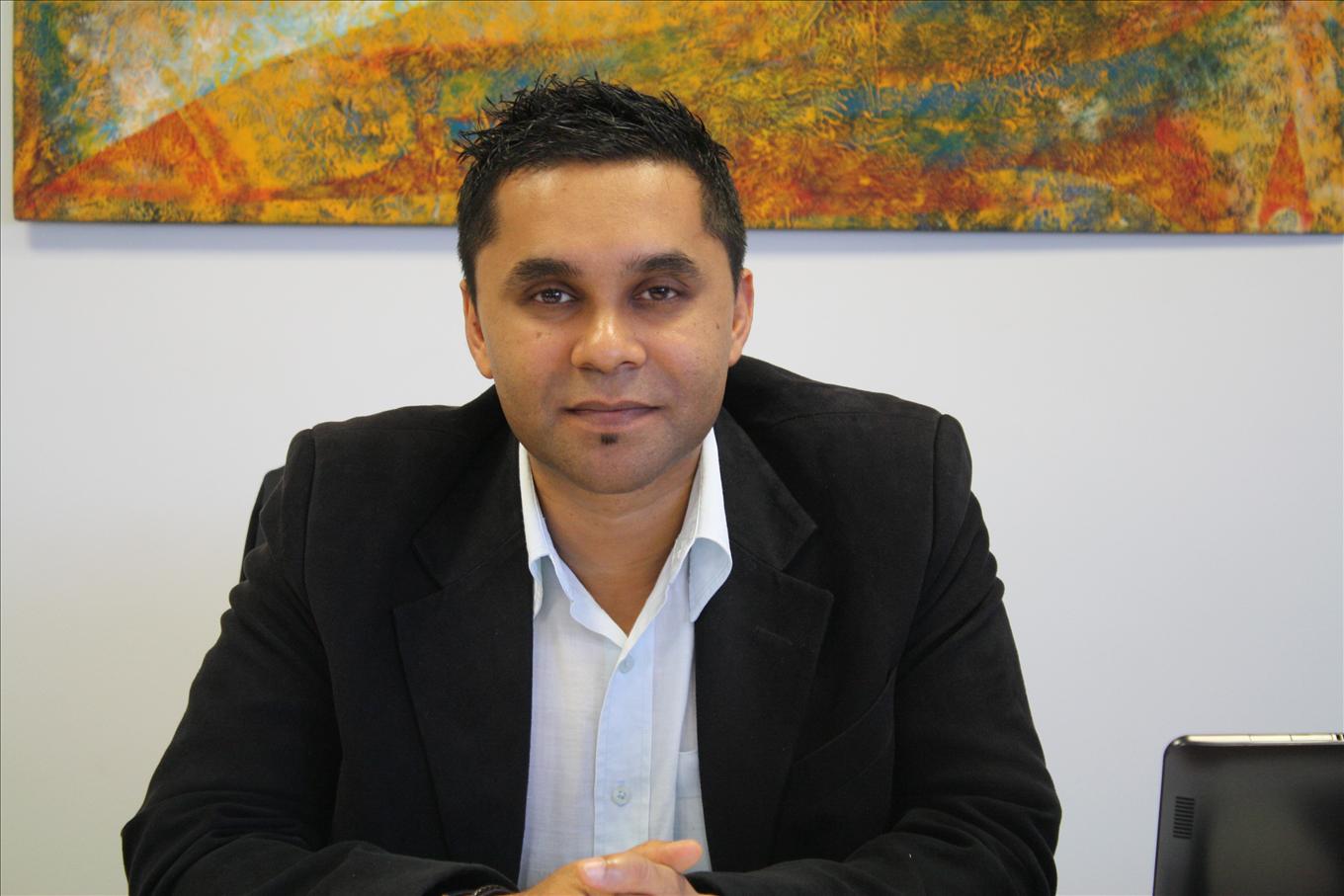Government-owned radio and television stations often face the challenge of balance between integrity and government policy compliance. On this score, the exemplary performance of the state-owned Fiji Broadcasting Corporation (FBC) is a matter of gratification and endearment.
Six years ago, the Company’s Chief Executive Riyaz Sayed Khaiyum was not a man at peace. He had the unenviable task of re-building an organisation that was financially unhealthy, with a handful of staff whose morale was anything but high.
 But as this reporter entered the precincts of the FBC complex in Suva on August 2, 2013, there was a perceptible change in the air (pun intended). Buzzing with activity, everyone appeared at ease, although busy gathering news and presenting it through well-appointed and state-of-the-art studios.
But as this reporter entered the precincts of the FBC complex in Suva on August 2, 2013, there was a perceptible change in the air (pun intended). Buzzing with activity, everyone appeared at ease, although busy gathering news and presenting it through well-appointed and state-of-the-art studios.
“I am pleased with what we have been able to achieve. I finally feel that we are running a company that has objectives, targets, finances and most important, people who are happy to work. Every moment is precious and exciting,” he said.
Multilingual stations
FBC today runs a television channel, simply called ‘FBC TV’ and six radio stations broadcasting in three main spoken and written languages of the country – Fijian (i-Taukei) English and Hindi.
The six stations are Radio Fiji One (Fijian), Radio Fiji Two (Hindi), Mirchi FM (Hindi), Gold FM (Fijian & English), Bula FM (Fijian) and 2Day FM (Fijian & English).
Radio Fiji One and Radio Fiji Two are classified as public service broadcast stations governed under a contract between the Fijian Government and FBC.
As Mr Khaiyum mentioned, under this Contract, the Government ‘buys’ airtime on the two stations contributing towards its operations.
“The other four stations come under our commercial operations,” he said.
Pride on screen
Mr Khaiyum is justifiably proud of FBC TV, which is a nation-wide, free-to-view channel, offering news, features, soaps and other programmes round the clock. A host of languages can be heard on this channel, including English, Hindi, Fijian, French, Korean and Iranian, to mention a few.
“We live in a multicultural and multilingual society. It is therefore essential that we try to understand at least some expressions in these languages. Viewers are not handicapped because all programmes are telecast with sub-titles,” he said.
FBC TV viewers also have the benefit of programmes of Al Jazeera Television, with a direct feed of news and other programmes.
Multitasking staff
One of the most significant aspects that distinguish FBC TV from other broadcasters is the combined operations of reporters, storywriters and presenters.
“Each of them does everything. They follow incidents and developments, write them and present them on air. Our radio stations belong as much to our staff as they do to their owners and of course the people of Fiji. We have found the system working well as it encourages team work, simultaneously promoting the competitive spirit. Everyone likes to improve their own performance all the time,” he said.
Thus, Mr Khaiyum’s personal assistant Jacqueline Speight doubles as the news reader at 6 pm on weekdays, Genevieve Sukhdeo does events and weather and Clarence Dass is producer and presenter of programmes.
The newsroom accounts for 16 reporters, many of them proficient in English, iTaukei and Hindi; newsfeeds from reporters in Nadi and other sources enables FBC TV to provide updated news all the time.
Turnaround management
Advertisers, suppliers and others would agree that when he was appointed Chief Executive in December 2007, Mr Khaiyum was not aware of the challenges that were ahead of him. The Company, established in 1935 (only as a radio station), was in dire straits, with falling listenership, low staff morale and aggressive competition from other privately established radio stations.
In short, it was suffering from gross mismanagement.
With sound management, countenanced by staff motivation and good marketing strategy, the Company turned around in about a year.
“The work culture has improved and our team of professional programmers, announcers, presenters, marketing and administration personnel (about 150), are all geared to achieving more in the years to come,” Mr Khaiyum said.
Social responsibility
According to him, broadcasting has undergone substantial changes and it was imperative that companies like FCB kept pace with the market trends.
“While profits are important to achieve sustainability, as a national broadcaster, we realise our responsibility to the people of Fiji and their multicultural outlook. As well as broadcasting and telecasting entertainment and educative programmes, we also strive to produce programmes that make every of us proud to be a Fijian. Blockbusters attract viewers, but we are also conscious of our responsibilities to the growing generations,” Mr Khaiyum said.
Photo :
1. Riyaz Syed-Khaiyum
2. FBC TV team of reporters and presenters






